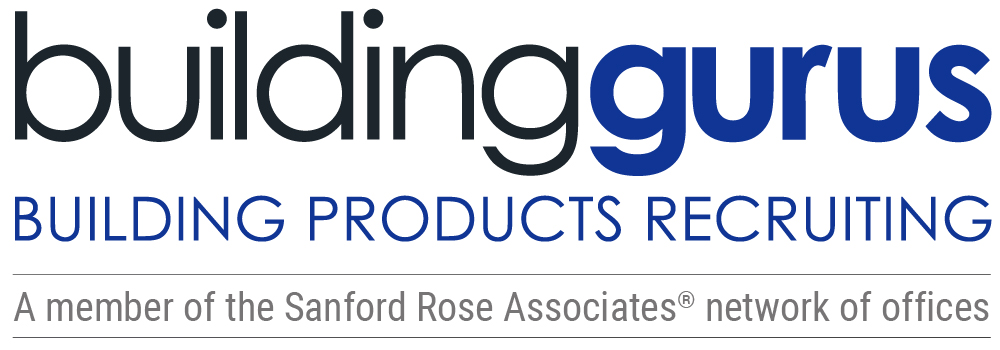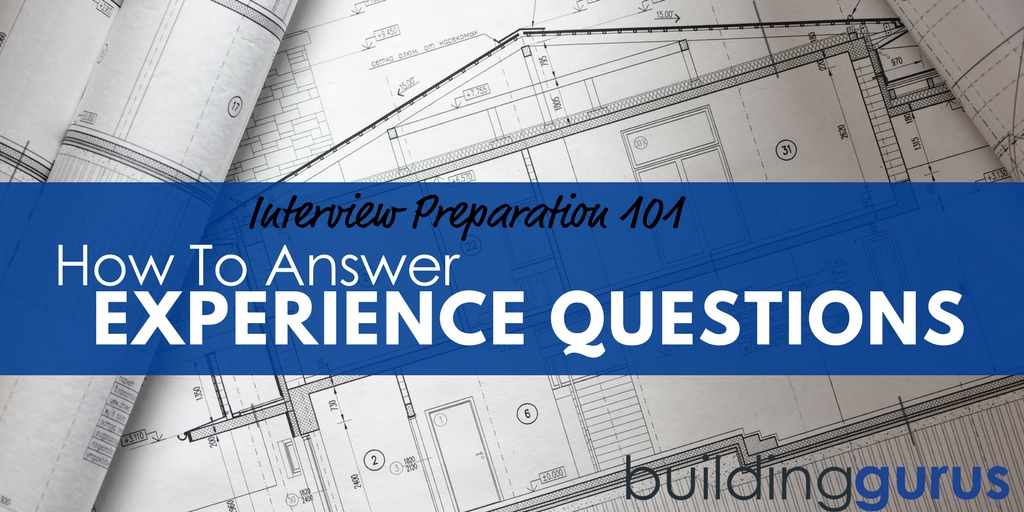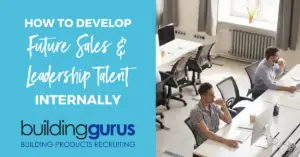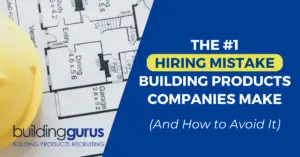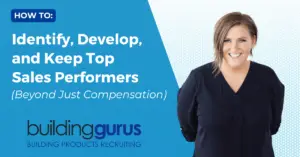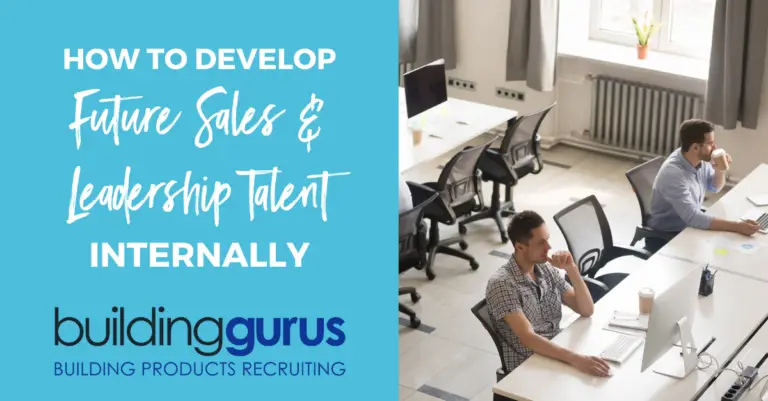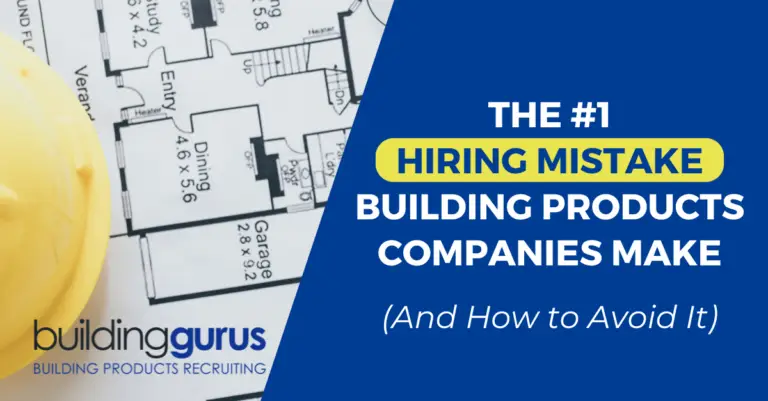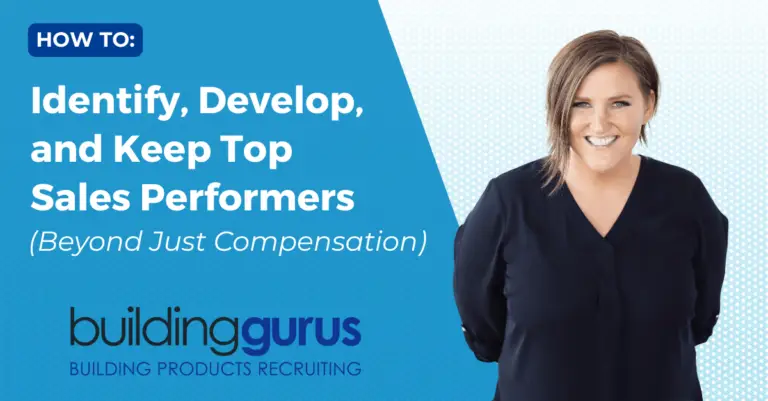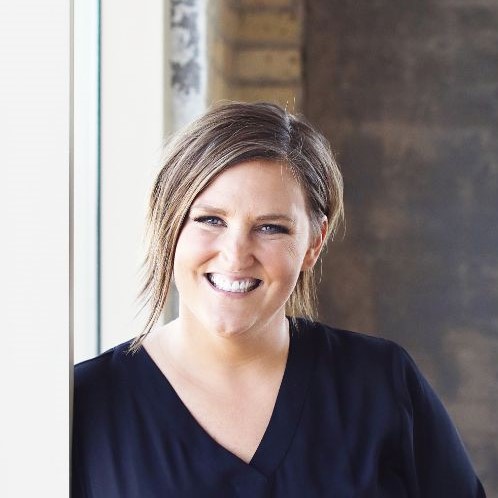One of my previous managers was fond of saying K.I.S.S. when given multiple solutions to a problem. Obviously, I was caught off guard the first time he said it to me. Once he explained the meaning, I saw it as a great method to stay on the right track. When I have a decision to make, I like to remember K.I.S.S.
You've probably heard this before:
K – Keep
I – It
S – Simple
S– Stupid
Now, I don’t advocate calling anyone stupid. Anyway, I think it makes more sense if you switch it up to Keep It Stupid Simple. Meaning, don’t over complicate things. The easiest, most simple solution is usually the best.
How To Answer Experience Questions
So, how does this theory apply to interviewing? When asked about your past experience, you can give the short answer or the long version. I advise giving the short answer first.
Why?
Ultimately, the best answer is the one that fully responds to the question you were asked. It covers everything the interviewer wants to know in a succinct manner. The best answers don't need to take 30 minutes if two great sentences cover it all.
Example
Let’s say you are interviewing for a Window And Door Territory Manager role and the hiring manager asked what experience you have. Some people would immediately begin rattling off everything they can remember about their career.
While a lengthy reply may in fact interest the interviewer, it could easily end up becoming too complicated and long-winded. A better way to answer might be something like: “I have worked for several Window and Door Manufacturers and Distributors. I have sold both commercial and residential products and have a background as an installer. Where would it make the most sense for me to start detailing my experience?”
Alternatively, you could say something like this: “I’ll give the short answer to your question first, and then I can elaborate on anything you would like. I've worked for both Window and Door Manufacturers and Distributors, selling commercial and residential products.
Why It Works
You've begun to answer the question and are demonstrating a couple of key things:
- Your thoughts are well organized and you don't need to recite a blurb about your background.
- You are making an effort to stay on track and only share the most important details.
- You want to build a connection with the interviewer and let them help you figure what is most important.
You may have given them the answer they want and you can move on. Or, after the hiring manager gives you a direction, you can answer the rest of their question in a better way.
You obviously don't want to do this for everything you are asked, but in the right instances, it can make a huge difference in how you connect.
When you are asked about your experience, consider giving a brief answer that leaves the door open for you to offer more details. Your interviews will go much more smoothly and you will fully answer questions to the interviewers' satisfaction.
